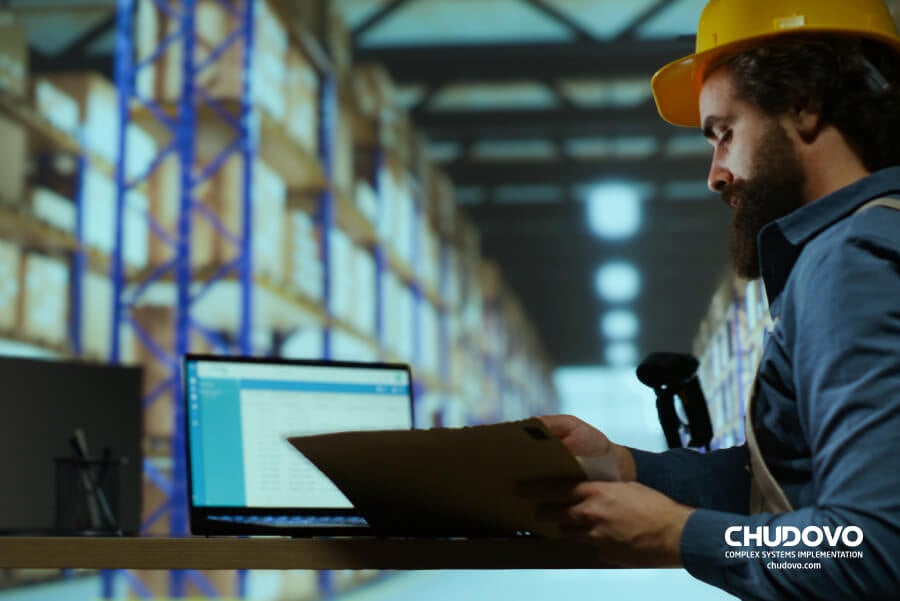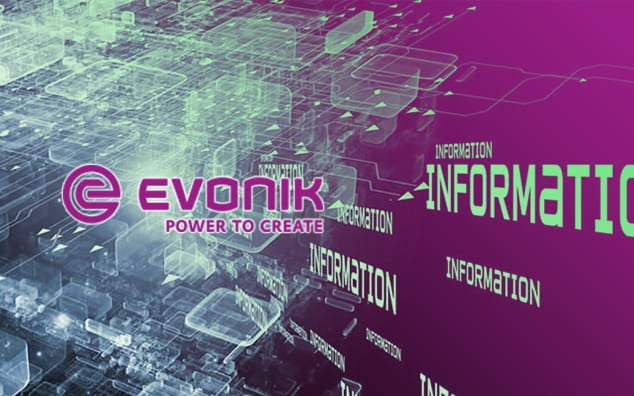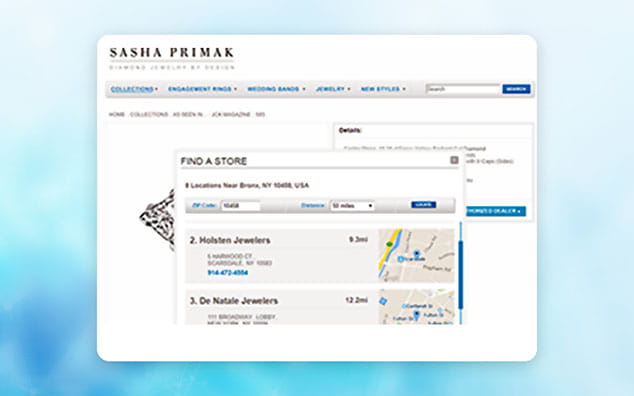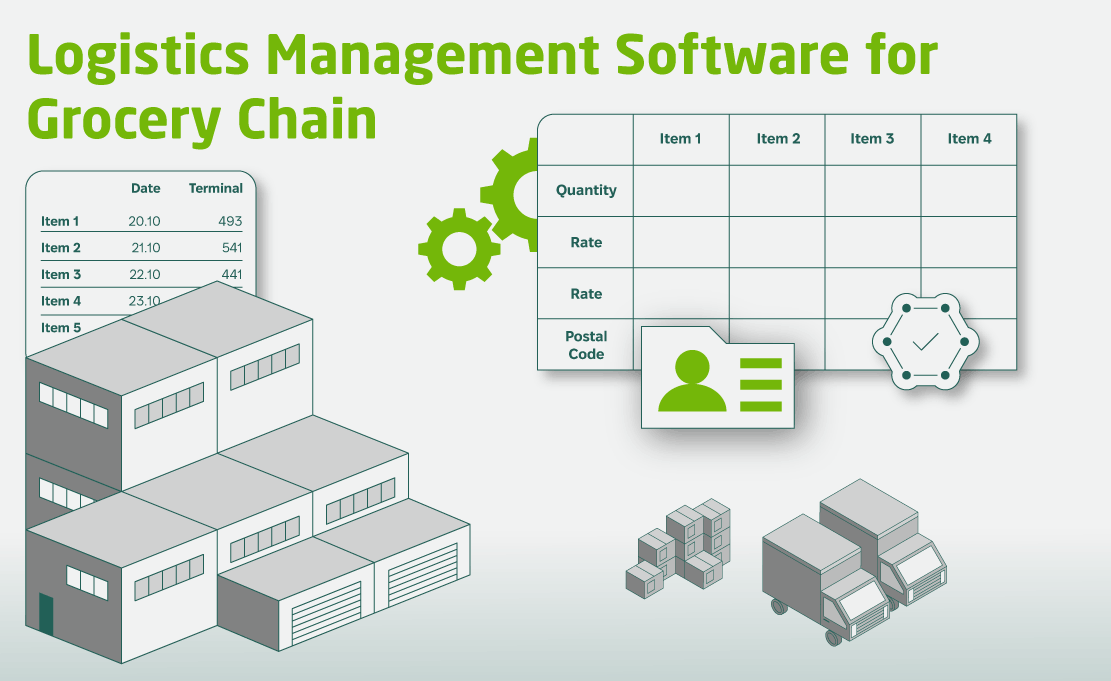IoT in Supply Chain Management: Top Features and Benefits
With the use of the Internet of Things, the operations of organizations, marketplaces, and industries are transformed. Business procedures are improved, such that detailed information about customers’ behaviors is available to study market trends, and increase the value of the businesses. It regulates and links multiple industries, outperforming prior technologies, especially digital and analog technologies by improving the procedures of the business.
Table of Contents
What is IoT in Supply Chains?
The Internet of Things is an extensive collection of smart devices that have been configured and integrated into an all-encompassing system with the use of digital processes to capture, transmit, keep, and evaluate data. When there is no accurate connection, the effectiveness of devices of the Internet of Things becomes severely restricted, such that they are unable to function properly to their maximum potential.
Most logistics applications make extensive use of intelligent technologies such as accelerometers, trackers, imaging devices, GPS, and temperature sensors. Multiple devices can easily connect and exchange information over the internet because of the presence of sensors and other technologies in them. These devices are capable of gathering details regarding environmental conditions during shipments and storage, a truck’s current location and route, and other variables that are significant.
To successfully carry out and effectively improve supply chain management and logistics, the Internet of Things architecture ought to comprise software as well as hardware for storing, managing, and evaluating information not yet processed. It essentially requires high expenditure. However, the potential benefit is definitely worth the expense, which brings about optimization and cost reduction.
How can IoT be used in Logistics?
- Fleet management software. This software collects, stores, processes, and presents data from many different sources, including cameras, vehicles, sensors, and mobile applications. It is the channel where data gets converted directly into useful information, and as a result, it is essential that businesses have access to the information required to manage their fleet.
- Operational efficiency. The Internet of Things in Logistics enables fleet businesses to keep track of movements in real time. The organization will be able to address challenges with immediate effect and make decisions rapidly to ensure prompt delivery. It enables the use of processes that are automated and digital that minimize paperwork for both managers and drivers, this helps both parties to devote more time to more significant duties.
- Route management. Integrated Internet of Things devices can be used to track vehicles and suggest precise destinations to drivers in a short period of time. Fleet managers can additionally assign new locations for pickup to drivers, and notify them about the changes to the delivery schedule.
- Integration. While many fleet management software is very powerful, when the Internet of Things data of a fleet is combined with other platforms, this helps businesses to transform these data into decisions. Custom and in-built connections can link fleet management platforms easily with different applications using an open API. This enables the exchange of information between systems such as fuel tax reporting, payroll, maintenance, inventory management, and billing. The capability to exchange Internet of Things data across platforms aids logistic organizations in generating linked insights that solidify operational teams and influence long-lasting transformation.

Challenges of IoT in Supply Chain Management
- Security threats. Before transitioning to fully linked systems, It is essential to have an adequately protected Internet of Things infrastructure. Data vulnerability can lead to breaches. Security risks can be reduced when businesses leverage machine learning and cryptographic hardware monitoring so that their systems can identify irregularities and notify cyber security teams to protect customers’ and companies’ vital information.
- Skill gap. Warehouse employees and truck drivers need to be educated and provided with information on security guidelines and regulations for using the company’s IoT-based supply chain management solution.
- Data storage challenges. Internet of Things systems create a significant amount of data, which is both beneficial and challenging. It is important that there is an adequate server capacity for storing and analyzing the information gathered. To get the accurate results, data governance policies have to be in place.
- Connectivity issues. Internet of Things platforms and devices significantly depend on the connection to the Internet, and other short-range technologies Bluetooth. As internet coverage improves and standard networks like 5G become easily accessible, this problem gets resolved automatically.

Points to Consider when Implementing the Internet of Things
When deploying the Internet of Things, similar to other digital technologies, involves thorough preparation, customization, and expenditures. In order to successfully employ smart devices for business productivity and other advantages. From research by Statista, in Japan the IoT market is growing and a significant one that is taking an upward trend. It is estimated that in 2029 this market will generate a revenue of about 11 billion US dollars.
Below are some important Internet of Things integration phases:
- Evaluate the number of employees and the demand for your company.
- Establish an intelligent strategy that is capable of meeting the requirements of the business.
- Build and set up a center for data that will handle and store information
- Purchase, install, and connect smart devices such as trackers, routers, and cameras.
- Configure software in order to ensure the most effective device functionality and data transfer.
- Information needs to be converted into an organized format for further research in the future.

Benefits of IoT in Supply Chain Management
The use of IoT technologies in logistics offers numerous benefits to a variety of enterprises. Smart technologies can assist all facets of the supply chain business, resulting in improvements in procedures and financial benefits as well. The numerous benefits of the Internet of Things are relevant to the extensive spectrum of enterprises and sectors that are constantly involved in logistics. Examples of such businesses are delivery companies, mining businesses, and storage facilities.
Based on a report from Statista, in the US the revenue on the Internet of Things is envisaged to increase substantially in the coming years across all categories. There is an indication that its increase will be continuous grossing a whopping 161 billion US dollars by 2029.
Seamless interaction between business branches and departments.
It is a difficult task in bigger corporations of logistics and supply chains to manage warehouses, sales locations, and networks of offices. These responsibilities can be effectively optimized and simplified with the most suitable digital systems based on Internet of Things technology. Information obtained from many different smart devices on a business property can be transferred for evaluation and storage in a cloud service provider data center or an on-premise. Enables employees to effortlessly access data from any approved point of entry in the organization, such as retail, warehouse, or office.
Enhanced visibility and transparency of operation.
The Internet of Things offers constant monitoring, which drastically increases the visibility of logistic operations. The route and status of carried items undergo tracking at each stage of the journey, from supplier to client, to guarantee the good condition of the item and the time to be delivered. Smart technologies also enhance security by protecting the batches of shipment from being stolen. GPS trackers are used to collect the location data of items to keep them safe. For example, some supply chain management businesses use tracking methods and blockchain to verify electrical equipment that is stolen and render these tools useless. Some retail businesses implement advanced anti-theft systems that utilize artificial intelligence, the Internet of Things, and other digital technologies to reduce losses that are caused by high criminal activity.
Improved business planning.
Plenty of advantages of IoT in logistics and other businesses create new chances for enhancing already established procedures while developing new strategies. Human professionals and AI can analyze data collected from smart devices in order to identify limitations, prevent fatalities, enhance productivity, and make sure of uninterrupted performance. When there is a comprehensive examination of structured data, business will come up with new ideas alongside techniques to improve their present strategy.
Most logistics businesses currently implement the “green” standard, a process that reduces pollutants and waste caused by vehicles used for transportation. For instance, the Internet of Things and artificial intelligence can be used in order to link GPS data with neighborhood road conditions and weather information, enhancing the delivery route system. This will help logistics firms to save money on repair and cost of transportation while maintaining an organization that is ecologically responsible.
Enhanced working conditions and compliance
The application of the Internet of Things in supply chain management decreases human participation by easing workers of tedious uninteresting tasks. The significant use of automation in conjunction with artificial intelligence and machinery operated by robots handles heavy-duty and risky jobs such as loading and unloading huge items into a truck for delivery.
IoT deployment boosts the control of business operations, assuring the company’s compliance with applicable relevant regulations governing labor, safety, and security commodities. This benefit becomes particularly important when an enterprise works with items and materials subject to certain conditions, such as food products, hazardous chemicals, and medicines. IoT technologies have been widely used in the logistics and retail industries to monitor and regulate environmental conditions in vehicles and warehouses. Smart devices are often programmed to detect and maintain both humidity as well as temperature that are inside preset limits parameters to minimize the degradation of perishable items.

Certified engineers
Convenient rates
Fast start
Profitable conditions
Agreement with
EU company
English and German
speaking engineers
IoT Application in Supply Chain Management
- Storage condition monitoring. The majority of items and raw materials require a specific climate for storage and transportation. If the appropriate circumstances are not achieved, the commodities will deteriorate, get bad, or lose their commercial value. Raw materials can diminish in quality, characteristics, and chemical composition, turning them into worthless items for processing and production. In order to such type of situations. Organizations use monitoring systems that have a sensor and meter for detecting humidity, temperature, pressure, light intensity, and other factors that are environment-dependent. If any of these yardstick happen to fall beyond the already set limit, the particular product will be checked again to determine its quality.
- Inventory management. Besides checking for the amount of available space, IoT technologies facilitate easy audit and management of existing inventories. For a retail organization, this entails assessing which products are already out of stock and what products at present are readily available. At that point, the retailer will place that information in their online store, customers can easily use their mobile application or visit the business website page to view the most recent stock. Updating such information becomes easy because of the effectively designed infrastructure of smart devices connected to functional data storage and processing resources. This advanced system network transmits and transforms information collected from barcodes to apps for shopping.
- Shipment and delivery tracking. The widespread adoption of geographic information system services has demonstrated remarkable proficiency in tracking the movement of items and raw materials. A barely noticeable GPS device becomes a reliable and precise source of location data, helping businesses to identify where their logistics vehicle and goods could be. Customers can easily monitor their deliveries using the Internet of Things technologies in order to check and project the possible arrival date of their package.
- Warehouse capacity monitoring. The Internet of Things system helps to handle the management of facilities for storage monitoring completely filled and available capacity. This process becomes a very useful one when handling a high number of containers arriving and departing. For instance, logistics managers are capable of determining that a warehouse will be able to accept a cargo of goods and how many units of items will be left over once trucks are loaded for shipment.
FAQ
What is the future of IoT in the supply chain?
The use of IoT in assets such as maritime containers offers enhanced real-time visibility. The data contains an extensive amount of information that depends on the sensor types used in order to tackle various difficulties during the transportation process.
What is a smart supply chain in IoT?
This is a system of supply chain management that boosts the transition of products and services from one point to another from vendors to customers using modern technologies and automated data analysis techniques. It focuses on automating every aspect of the business operation in order to increase productivity and efficiency.
How is IoT used in the supply chain?
IoT solutions can be used in the supply chain to distribute, track, and manage commodities. Applications are used to track and automate particular picking and wrapping procedures.
What is an example of IoT in the supply chain?
Radio frequency identification is an example of an IoT-based device used in logistics for tracking, it can monitor objects easily from any location.
Contact our team of expert Chudovo software engineers to integrate IoT-based solutions into your supply chain business.






